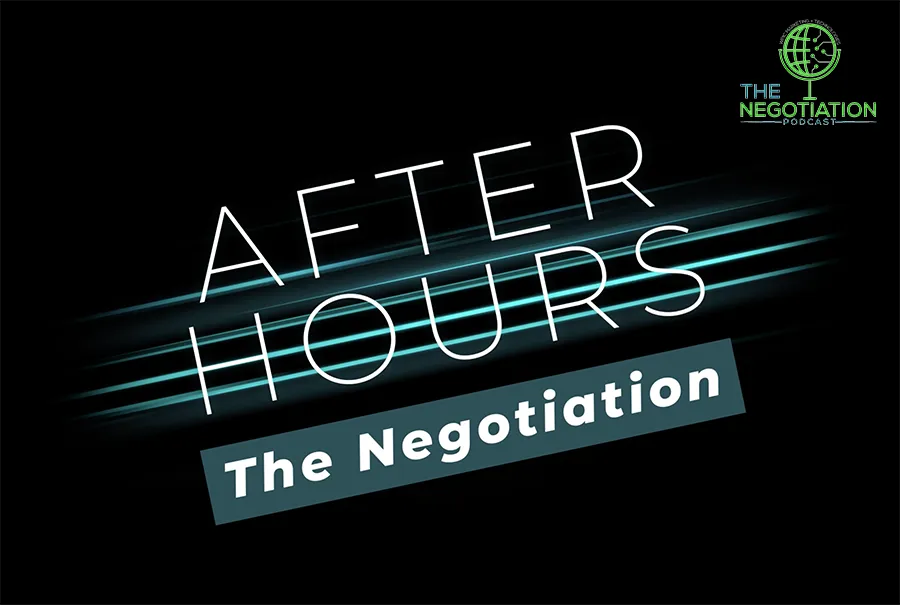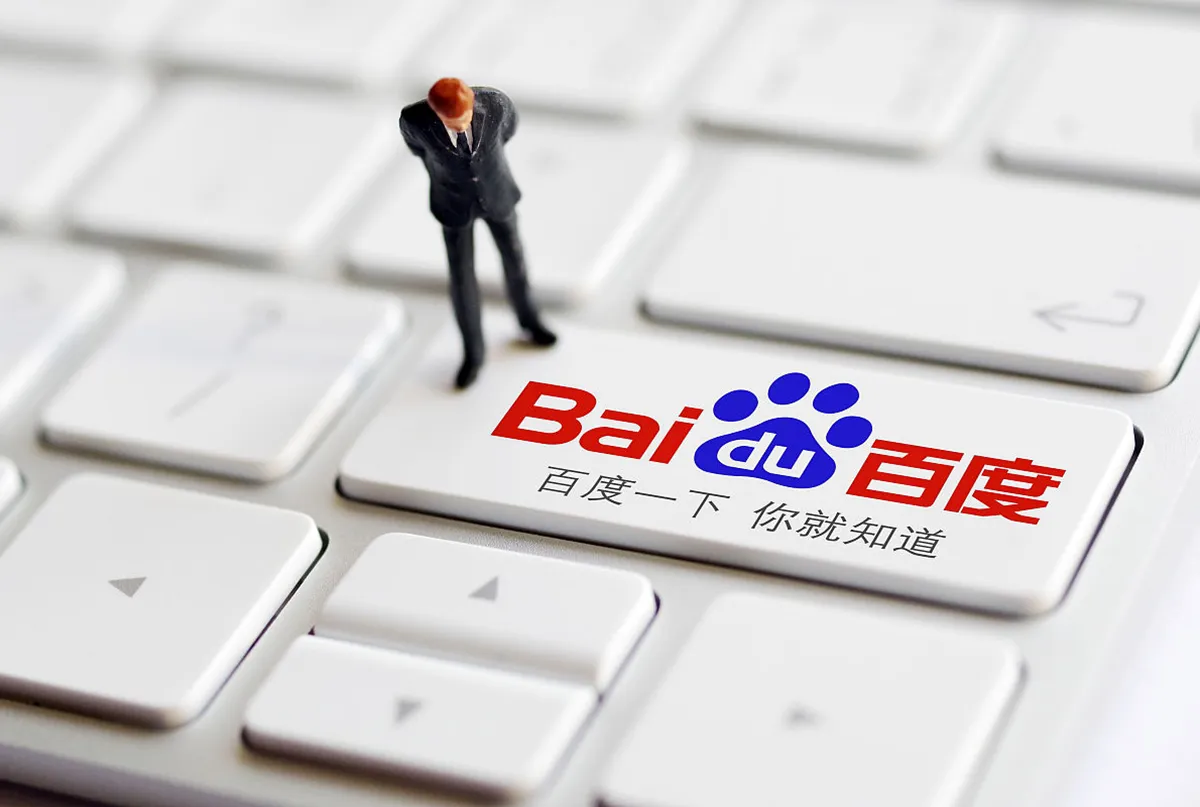Watch our CEO, Jacob Cooke discuss his take on Alibaba’s leadership shuffle and the performance of this year’s 618 in the first instalment of After Hours from The Negotiation, our APAC business podcast.
You can also read the edited transcript of the discussion below.
Todd Embley:
Hey everyone, I’m Todd Embley.
This is the first edition of a new video series where we speak to WPIC Marketing + Technologies co-founder and CEO, Jacob Cooke, on the topics of consumer, tech, and business stories from China and APAC. Jacob joins us today from Shanghai.
Jacob, how are you doing today?
Jacob Cooke:
Doing well Todd, thanks for having me.
Todd Embley:
Okay, there’re two major stories that I wanna get your take on this week, and I know you were featured in a lot of major media this week, Bloomberg, New York Times, and CNBC. So let’s recap it all here.
The first topic is Alibaba’s leadership shuffle. Tell us what happened and what is your take.
Jacob Cooke:
Yeah, it’s a pretty big deal. So this leadership shuffle is the second announcement. It follows the announcement of the six spin-off companies of what the group is going to do. Some pretty big moves!
I don’t know how familiar the audience is, but, the new chairman and CEO Daniel Zhang is now actually moving over to the technology group and he’s going to be succeeded by Joseph Tsai in international and Eddie Wu.
If you know a lot about these guys, you’d know a lot of them are really sort of co-founders. Eddie Wu actually worked with Jack Ma even before Alibaba was founded in 1999. So it’s really the same old guys. People are looking at the Daniel-Joe move as kind of a demotion, but actually, if you think about it, it really highlights the emphasis on AI and technology going forward with the group.
There’s a lot of bench strength, certainly on the e-commerce side. And I think that’s why they decided to go with Eddie Wu, and then move Daniel Zhang, who is kind of the cleanup hitter. They’re the real sort of star player and move them over to what they now clearly identify as the most important division, which is going to be AI and business intelligence going forward.
If you’re following the field of AI, it’s pretty exciting what’s coming down the pipe. We know all about generative AI this year — it’s been the hot topic with the journey and ChatGPT and diffusion, etc. But this has really been sort of helping and enhancing the ability of mid-level content creators to become more productive.
But what’s coming down the pipe is really going to be business intelligence next year, and that’s going to be really helping CFOs and CEOs make decisions. And it’s going to be game-changing. So I think there’s a real race on now with a bunch of companies, including Alibaba to get, to be a leader in that technology.
Todd Embley:
Okay, awesome. You mentioned 618 as well, just wrapped up.
Tell us about the performance of this year’s 618 and how that reflects on the health of the Chinese consumer.
Jacob Cooke:
Overall, really solid growth. I think estimates are ranging between us and some other firms around 5% to 8% overall GMV growth — that’s with the big platforms, Tmall, JD, and PDD.
It’s been a slower recovery out here. So I think there’s been a lot of confusion with the data that’s come out where people have said disappointed. But in our opinion, estimates were really aligning the models of other countries where there was big consumer stimulus, which of course has led to really high inflation. China hasn’t done that with consumer stimulus. And as a result, they’ve actually had 0% inflation coming out of that.
Consumer sentiment as well as consumer spending has actually turned positive for Alibaba as they have announced their GMV growth in March has actually gone, it started to rise. The numbers that came out, I think were 18% in April and 12% year-over-year growth. Those are amazing numbers, but we have even seen that reported in some press as being “Hey, it’s declining”, so it’s been tough. I think the story is not being told properly out there, but to us, we’re pretty optimistic going forward.
I think we’re now in full swing and recovery mode and would expect really solid growth to continue in Q3 and Q4 this year.
Todd Embley:
Right. Measured and reliable — that’s what I’m thinking.
Takeaways in terms of platform competition and brand strategy?
Jacob Cooke:
Yeah, so at the start of the year, we really saw platforms just really duking it out.
JD had a huge amount of subsidies and we’re seeing a little different strategy right now. So as opposed to really being focused on GMV and lowering prices and things like that, Alibaba has announced new KPIs and this is partly because Douyin is just killing it in e-commerce in terms of certain categories. So their new KPIs are user browsing time, growing DAUs or daily average users and content. And they’re not just looking at the GMV growth anymore.
At the brand level, discounting very important tactic. They’ve also shifted around focus from 618 and 11/11 towards building awareness and attracting customers to join membership programs. Activations —we’re seeing product launches, gifts, or even loyalty programs. These are more tactics that are built on long-term value, which people are focusing on now, as opposed to just generating very quick GMV growth numbers.
Todd Embley:
All right. Thanks, Jake! Thanks for coming on. We’ll see you next week.
Jacob Cooke:
Always a pleasure. Take care. Bye bye.









